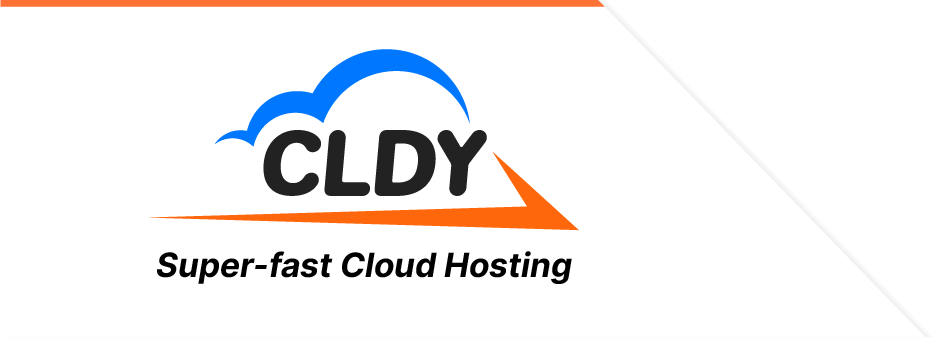If you haven’t been around the days when making a website was a whole dramatic production of designing it via Adobe Dreamweaver, uploading the whole HTML code and its accompanying files via FTP onto your server, then bug testing and checking if the file links have all translated properly from how you created them offline and onto going “live,” then you’re way too young to know life before WordPress.
WordPress, in a nutshell, is a Content Management System (CMS), or a way for a website to easily handle its text and images. Without a CMS, the care and maintenance of a website would be largely manual, and a website admin would have a tougher time keeping the moving parts together.
For example, a few images don’t load on the frontend. With WordPress, a website admin can just re-upload the images on the page and forget about the images that don’t load. In fact, the possibility of “losing” files and images when a website is using WordPress is actually rare.
By contrast, if a web admin uses manual HTML pages, they’ll have to trace the image file, rename it to a hosting or site-friendly filename, find the code where the image is linked, and correct the filename or link for that code. If there are a bunch of broken images across a bunch of pages, this will turn out to be tedious work, indeed.
WordPress is the world’s go-to CMS. It is the framework behind possibly over 455 million websites across the world, or 62% of the websites that use CMS. Its closest competitor, Shopify, only comprises 5.4% of the market share for CMS-using websites. [Source]
WordPress is so trusted that some of the world’s best and most famous sites are actually built and maintained on it.
Here are some of the who’s who of websites, proudly powered by WordPress:
WordPress is trusted for its security, expansion potential or scalability, and the diverse array of aesthetic possibilities, thanks to the millions of customizable templates available for it.
Security. WordPress is Open-Source, so it is regularly maintained by a worldwide community of developers enthusiastic about its code. The core code is also maintained by WordPress in-house, so any bugs and vulnerabilities are regularly addressed.
There are also plugins that can prevent brute force hacking attempts such as the “Loginizer,” which limits the number of login attempts to WordPress. If you recall, you may actually install the Loginizer plugin right as you install WordPress via Softaculous.
Scalability or Expansion Potential. As mentioned, plugins can help add functionality to your WordPress website or installation. If you’re already familiar with the concept of adding tiny bits of software to a main program, such as your Google Chrome or Firefox browser, WordPress plugins work the same way―they add more functions to the original program.
Samples of WordPress plugins include Yoast SEO, which help you ensure that your website is search engine-friendly. If you’re gunning for pushing your website up to the top spots of Google for certain keywords, this can be pretty helpful!
Another great plugin to start with is Jetpack. Jetpack is actually developed and maintained by Automattic, the same company behind WordPress itself. Jetpack has a host of functionalities, from additional security, to useful social media and search engine features, and even eCommerce features. However, for those who want to monitor the traffic and stats for their website, possibly the main reason why they’d install Jetpack would be for its analytics capabilities.
If you’re looking to use your website as an eCommerce gateway, you don’t have to migrate to Shopify. You can install WooCommerce and manage your online store right from your all-in-one WordPress website. Yes, you can host an online store alongside a blog, an information portal, among other possibilities for your WordPress website!
Either way, check out these three plugins’ functionalities, and see if they’re great to add to your WordPress site!
Aesthetic Possibilities. Let’s face it. The first thing your website visitors will see would be the aesthetics of your website―the design, how clean it looks, how well-organized it is, and basically, the overall “beauty” of the way it looks.
There are roughly around 31,010 WordPress themes available for download, churned out by a total number of 211 WordPress theme companies, according to May 2020 data published by Scepter Marketing. One of the top companies to purchase beautiful, simple-to-use themes from is Envato Market/Theme Forest. Given a skilled web designer, you can turn a generic theme and make your website look uniquely your own.
In a nutshell, using WordPress for your website gives you these advantages:
- Ease of use, installation, and management.
- Security via plugins and constant updating by the core team and an enthusiastic developer community.
- Scalability and a wide array of possibilities for how you can format your website with thanks to WordPress plugins and themes.
Because of how plugins can expand the functionality of your WordPress website and how themes can make your WordPress site look a certain way, you can create an all-in-one portal that will not only house information about your business, products, or services, but also give you an eCommerce solution to allow your customers to order online, and even provide you with a blog, which is a powerful marketing tool for businesses everywhere.
Indeed, WordPress is a powerful solution to creating and managing a website, and once you get it up and running via Softaculous, the possibilities are endless for you, your website, and your business!
And we here at CLDY will help you keep things up and running with our 200% Uptime Guarantee!






